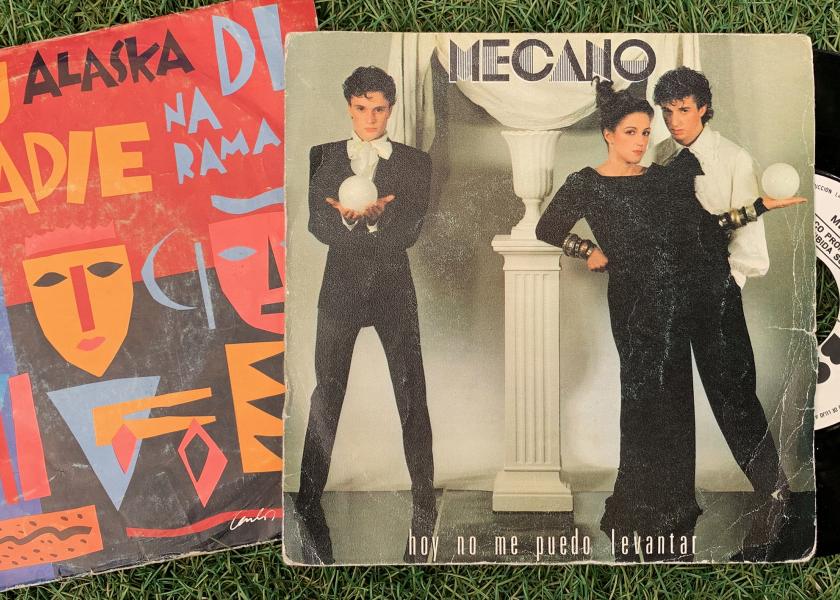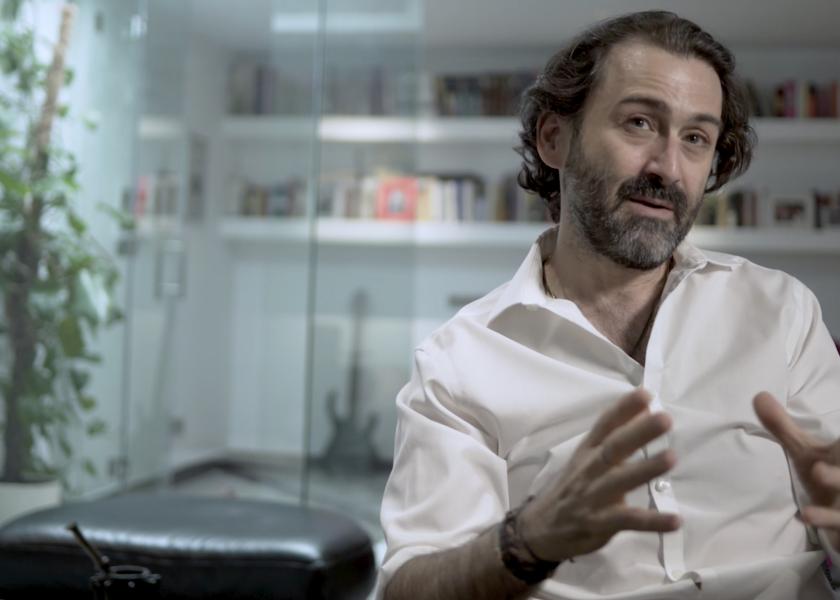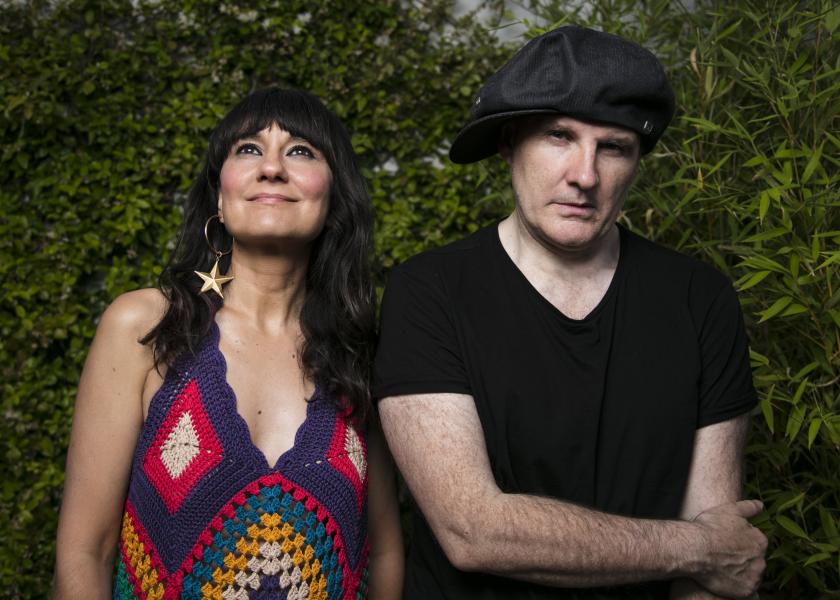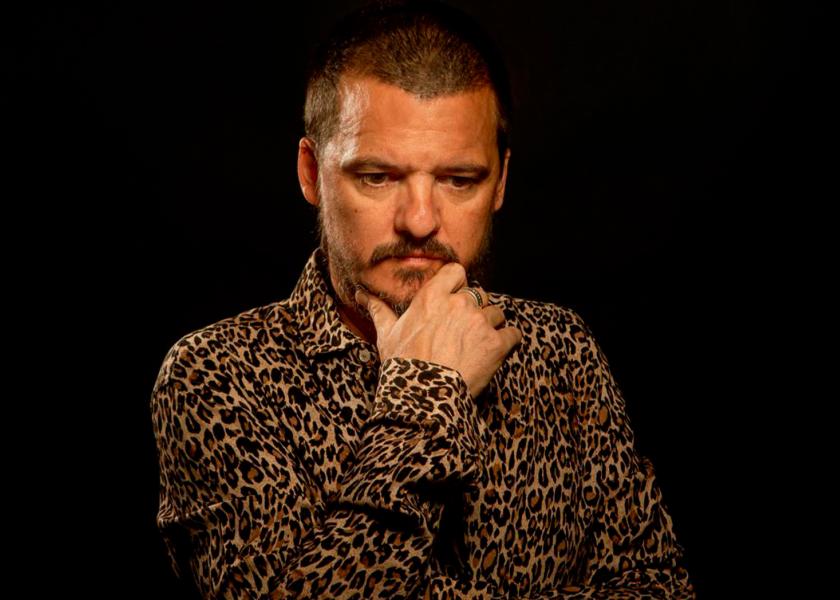Adriana Tanus
Music for Diversity
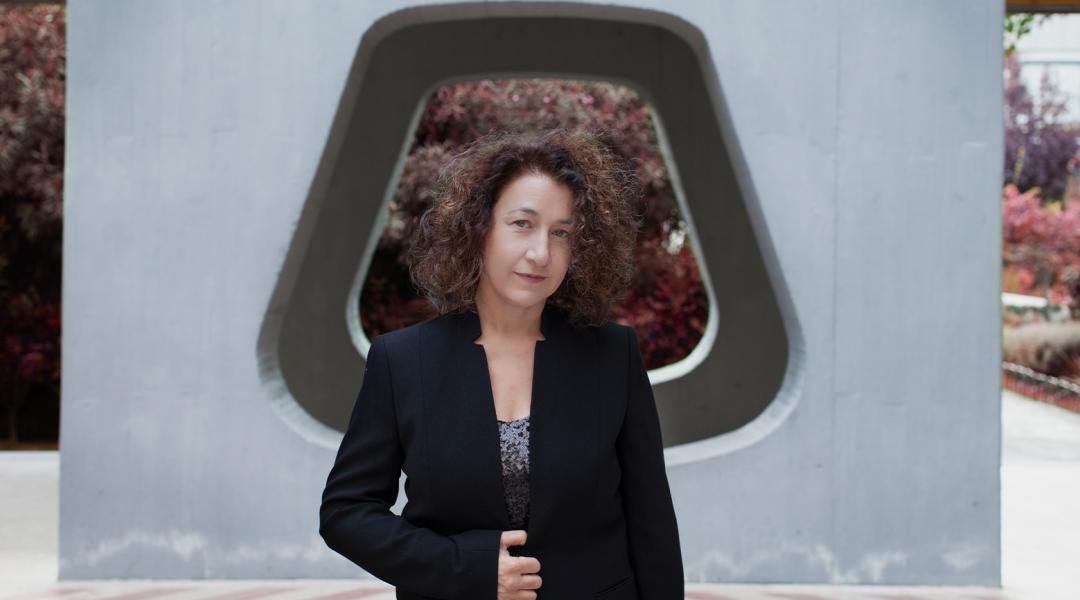
Adriana Tanus, conductor of the OJEM [Madrid European Youth Orchestra], has turned music into the best instrument to fight for a more diverse and tolerant world. Her next adventure: presenting Mozart’s 'Requiem' with her musicians at the National Auditorium of Music in Madrid.
At the beginning, it was Bach’s music that Adriana’s parents would play, even before she was born. Music is part of Adriana Tanus’ DNA, which is why, when she told her family that she wanted to continue her advanced music studies at the conservatory, they encouraged her to spread her wings and make her dream come true. The cello became her means of expressing herself but, along the way, she crossed paths with conducting. Why limit yourself to a single instrument when you can care for all of them? Determined to prove that music is one of the best integration methods, she practices what she preaches by conducting the Orquesta Juvenil Europea de Madrid (OJEM), with whom she will present Mozart’s Requiem on November 15 at the capital’s National Auditorium of Music.
How does a cellist end up conducting?
When I played in orchestras, I almost did it from memory, because I felt the need to constantly keep my eyes on the body language of the conductors and other musicians. I was fascinated by how, in some cases, we connected emotionally to the conductor, while at other times, this didn’t happen. It wasn’t only a matter of knowing the score, there was something psychological behind the leader you believed in and that made you play how they wanted and felt the music.
Do you remember the first time you stood in front of an orchestra?
Yes, although it was many years ago. They were small groups, but what I have today is the result of that, of sowing, building and reaping the rewards. OJEM is an orchestra of around 80 members, while the choir I conduct is composed of 130 voices. I never thought that we would be so many or that we would tackle such complex and incredible scores as Mozart’s Requiem or Beethoven’s Symphony No. 9.
The groups you direct are composed of very different musicians. Tell us about that.
What they have in common is their desire for integration. For example, the choirs at the Lycée Français and the OJEM include children and adolescents, parents, teachers... Different ages, different musical levels... And the same happens with the orchestra, where there are very talented people who are going to take up music as a career, and others who have decided to take another career path, but who are still connected to music.
“It’s wonderful to see that people with such different ideologies are able to understand each other through music”
How do you manage these different levels, interests, nationalities or ages?
By helping each member within the group to find their desire for self-improvement, whichever their starting point: from the amateur to the professional musician, always from my love for diversity.
The conductor is the leader, the figure of power, but I guess that it’s impossible to succeed without great sensibility and, above all, great empathy.
‘Empathy’ is the word that rules my life. Nowadays, Orchestra conductors aren’t ‘dictators’. I think of it as absolute proof of generosity, of dedication to each musician. Logically, my understanding of the music will prevail, but I listen carefully to what the group is trying to say. I am what I am because I’m surrounded by a lot of talent. Alone, without such strong and beautiful energy, I wouldn’t be able to do anything.
The energy that we perceive between the audience and the artists onstage breaks the fourth wall. Does this happen between the conductor and their orchestra?
We become an amazing source of energy. I come onstage and everyone is looking at me: the ones at the back only see heads; but I only feel that all eyes are on me. This gives me a deep feeling of pride, love and responsibility. They are there because they trust me, because they’ve worked hard, because during each rehearsal we’ve moved one step closer to that performance. I look back at them and then I feel that common energy: we start to breathe and feel in unison. And the audience is aware of that.
Do you experience each rehearsal as a space for understanding?
Of course! During a rehearsal there are many obstacles, in fact, each member brings their own with them. But they sit down and have to face the music. My job is to release them from that starting point, until they find their place and become part of this shared reality with everyone else that is music. Then they breathe as one, they flow in the same direction.
“Music is the perfect space for tolerance. It gets under your skin, it makes you feel the beauty of life, it makes you more human”
Is culture the perfect vehicle to create committed citizens?
Yes, this is why I always believe in integration projects. It’s wonderful to see that people with such different ideologies are able to understand each other through music. This is the perfect space for tolerance. Music gets under your skin, it makes you feel the beauty of life, it makes you more human.
